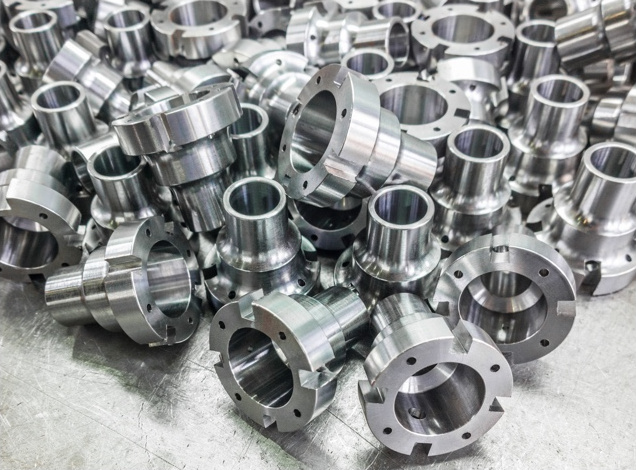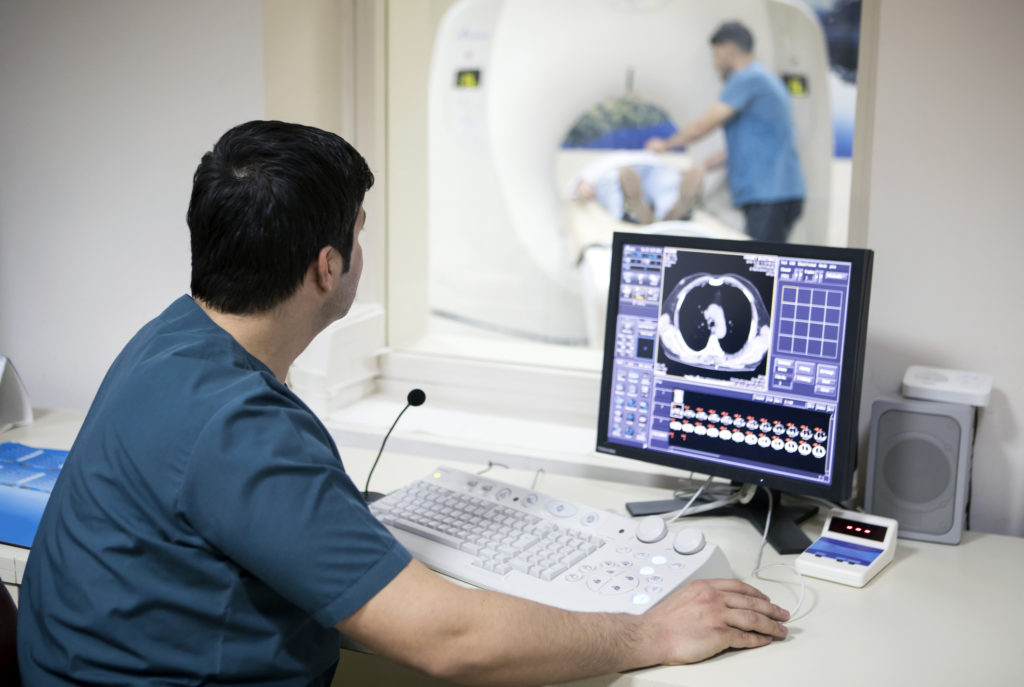
Lead remains critical to the safety and reliability of aviation systems
The aviation industry has seen progressive growth with air freight and mail transport becoming key sub-sectors. With its huge carriage of people and goods, the industry has a vital role in supporting Europe’s economic growth. With its unique properties, lead provides the effective material innovation to keep Europeans moving, safely. To date, no other material provides the proven safety and reliability of tin-lead alloy solder.

Lead: making high-performance machining more efficient and cost-effective
An alloy of iron and carbon, steel has played a major role in modern societies since the industrial revolution. A unique combination of low cost and high tensile strength has seen it become one of the world’s most important engineering and construction materials. Small amounts of lead added to steel reduces the energy requirements of machining the resulting compounds as well as optimising it for use. With Europe producing over €148 billion worth of steel in 2018 alone, lead is critical to supporting this key European industry.

Lead is essential to safe, effective and sustainable medical imaging
Medical imaging has revolutionised the diagnosis and treatment of numerous medical conditions from broken bones to cancer treatment. Millions of X-ray scans are taken daily in hospitals and clinics around the word and as access to healthcare improves globally, these numbers are set to increase. Although critical, the radiation used in these procedures can be hugely damaging, with medical facilities strictly regulated to ensure that radiation exposure is minimised for patients and staff alike. Lead-based radiation shielding is currently the most effective and cost-efficient way to safeguard the use of medical imaging today.

Lead remains critical to the safety and reliability of space systems
The European space manufacturing industry is a strategic sector for the region. Used across the industry for decades, lead plays an integral part in high reliability applications requiring longevity in the European space industry. The use of tin-lead solder alloys for example helps to protect from micro-cracks and ‘tin whiskers’ which can grow in avionic systems and cause short circuits that destroy critical on-board functions. Lead reduces this unacceptable risk for space exploration.

